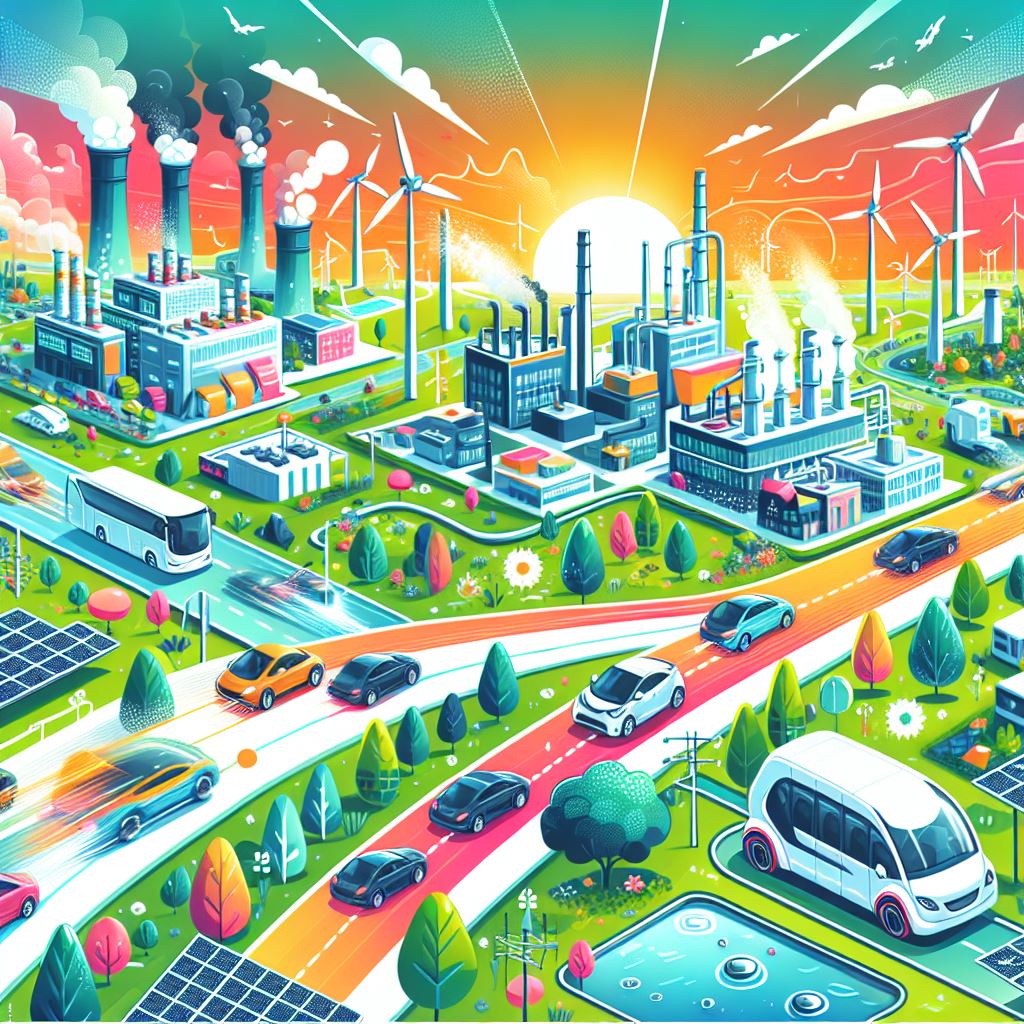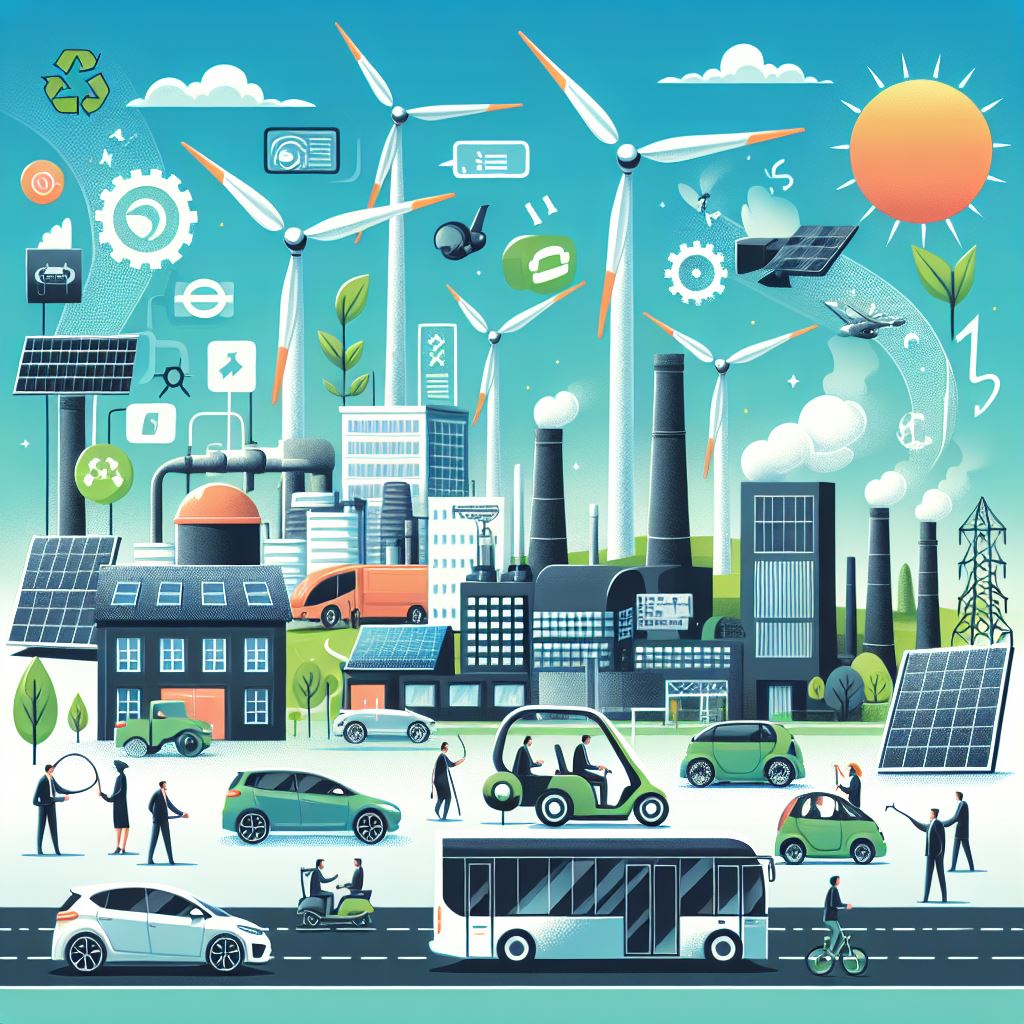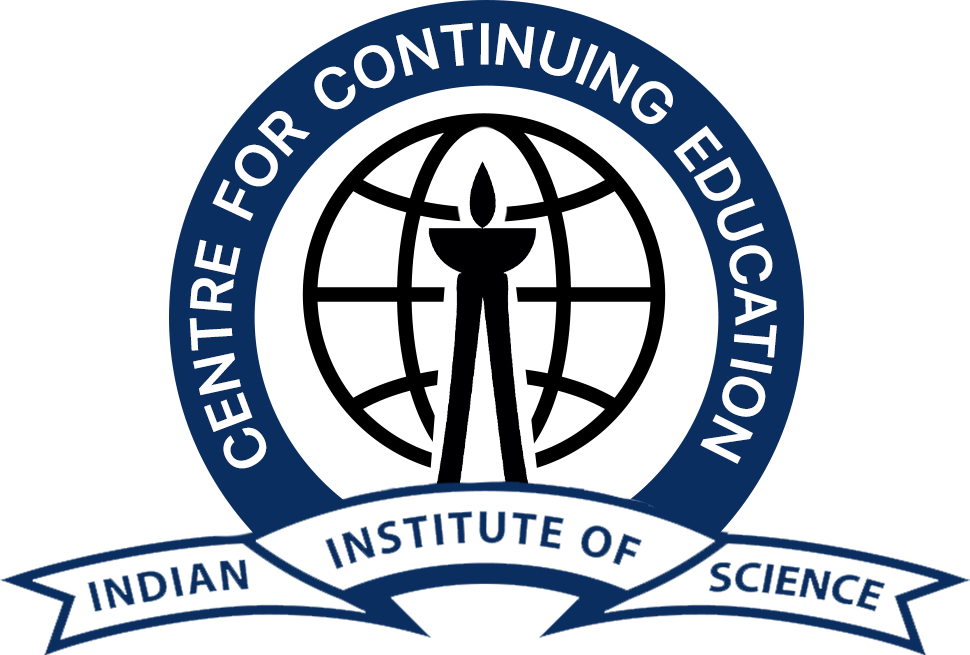Energy Transition – Decarbonisation, Transport and Industrial sector (3:0)
S Dasappa
P Balachandra
Anand MS

Objective of the course
Climate change impact is a major global concern, particularly in the energy sector and several initiatives to reduce the carbon intensity are being addressed. This course provides insight into the possible technological options, resources and policy intervention—examples in India and elsewhere for a range of sectors, including challenges and results.
Syllabus
– Introduction to energy portfolio and its impact on climate change.
– Possible scenarios to reduce carbon intensity in the industrial, power, residential and transport sectors.
– Estimation of emissions, Carbon intensity calculations.
– Global and international Standards for Carbon reporting
– Scopes of emissions through life cycle analysis
– Techno- Economics related to decarbonisation technologies.
What we will learn?
1: Introduction to Energy and Climate Change
• Overview of global energy portfolio
• Impact of fossil fuel-based energy on climate change
• Key international climate agreements (Paris Agreement, Kyoto Protocol)
2: Carbon Intensity and Emissions Estimation
• Understanding carbon footprints and greenhouse gas (GHG) emissions
• Methods for calculating carbon intensity
• Tools for emission estimation (IPCC guidelines, GHG Protocol)
• Scopes of emissions through life cycle analysis
3: Sector-Wise Decarbonization Strategies
• Power Sector: Renewable energy transition, grid integration challenges
• Industry: Carbon capture and storage (CCS), energy efficiency measures
• Transport: EV adoption, hydrogen fuels, sustainable mobility
• Residential: Energy-efficient buildings, electrification of heating
4: International Standards for Carbon Reporting
• Overview of ISO 14064, GHG Protocol, and other reporting frameworks
• Compliance and regulatory requirements
• Case studies on corporate carbon disclosure
• CBAM
5: Techno-Economics of Decarbonization
• Cost-benefit analysis of clean energy technologies
• Policy interventions and financial mechanisms (carbon pricing, subsidies)
• Role of carbon markets and trading schemes
6: Challenges and Future Roadmap
• Variability of renewable energy
• Barriers to decarbonization (technological, economic, political)
• Emerging innovations (green hydrogen, direct air capture)
• Developing country perspectives and India’s policy roadmap
• End of life challenges for renewable energy

Minimum Qualification
Graduation in Science and engineering
Pre-requisites
Exposure to energy sector
Who can apply?
– All industries, consultancy firms, academic institutions – Energy Professionals & Engineers – Working in power generation, oil & gas, and renewable energy sectors looking to adopt low-carbon technologies. – Policy Makers & Government Officials – Engaged in energy policy, climate regulations, and sustainable development planning. – Researchers & Academics – Interested in climate change mitigation, energy efficiency, and decarbonization strategies. – Corporate Sustainability Managers – Responsible for implementing carbon reduction strategies in industries. – Consultants & Analysts – Working in energy consulting, carbon footprint assessments, and environmental impact analysis. – Students & Early Career Professionals – Studying or aspiring to work in energy, environmental sciences, or climate policy. – Investors & Financial Experts – Involved in climate finance, green bonds, and sustainable energy investments.
Number of credits – 3:0
Mode of Instruction:
Online with Synchronous mode
Online Seats are Limited to 100
Last date to apply:
30 April 2025
Duration:
1 May to 31 July 2025
Timings of the class:
7 to 8:30 P.M. 3 days a week
Final Exams:
25 – 31 July, 2025
Course Fee
| Particulars | Amount (in ₹) |
| Course Fee | 15,000 |
| Application Fee | 300 |
| GST@18% | 2,754 |
| Total | 18,054 |

